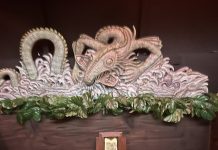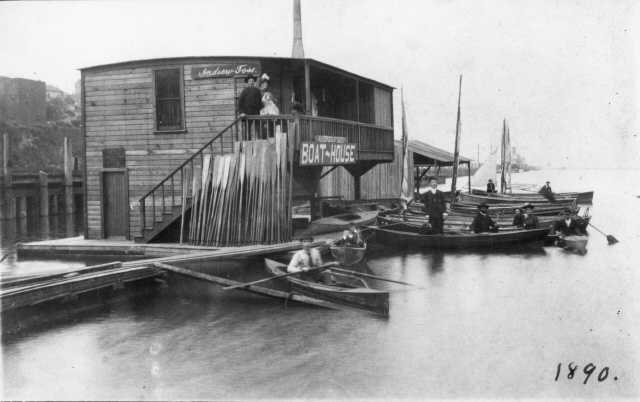
Few women left a mark on Tacoma’s early history the way Thea Foss did, with a legacy that reached the national stage and continues to this day.
Such is the life of Thea Foss who created a shipping empire when she saw a business opportunity from her porch chair. The year was 1889. Thea was new to the city after only arriving with her family that spring. The 32-year-old Norwegian immigrant was sitting on the porch of her houseboat along Commencement Bay while she was watching her children. She saw a frustrated fisherman with an empty boat trying to battle the strong currents of the Puyallup River as it entered the bay. He was fed up and wanted out.
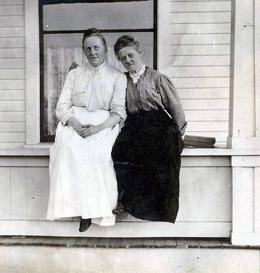
Thea made him a deal on the spot to buy his fishing boat for $5 cash. And just like that, her empire was born. Thea turned around and then sold the boat for $15 and bought two other boats at rock-bottom prices from other failed fishermen. Foss then rented those boats out for 50 cents a day.
Thea’s husband, Andrew, was away for a spell while he earned money building a shed. He returned with a wallet filled with $32. His wife had earned $41 during the same time. Doing the math, Andrew opted to shift his attention from his own shed-building venture to his wife’s more profitable enterprise, which also meant he would rarely have to leave his wife’s side.
Andrew set out building boats for his wife to rent out from their porch. Their business expanded from rowboats to sailboats to short-voyage ferries between the shoreline to awaiting ocean-bound ships. Each branded in Thea’s signature white paint with a green trim design as a way to distinguish them from her competition.
Thea quickly became a local icon, not only for her business savvy but for her charity toward those less fortunate.
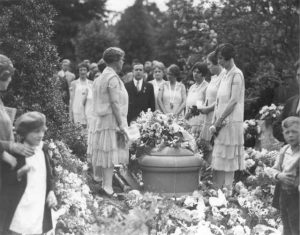
Thea was so loved that her funeral in June 1927 was reportedly the largest Tacoma had seen to that point. Everyone wanted to pay their respects to “Mother Foss,” a woman known in the region for offering food, jobs, medical attention and shelter to those in need, even while managing the day-to-day operations of what became a boating empire that included a company store and boarding house for its employees. She was a day shy of her 70th birthday when she died.
However, Thea’s legend drew even after her death with the release of a fictional story loosely based on her life called “Tugboat Annie,” which was published as a series of short stories that first appeared in the Saturday Evening Post in 1931. Just two years later in 1933, the stories were made into a movie starring Marie Dressler. “Tugboat Annie” was followed in 1940 by “Tugboat Annie Sails Again,” starring Marjorie Rambeau in the title role who played alongside the up and coming actor turned future president Ronald Reagan. “Captain Tugboat Annie” followed in 1945, starring Jane Darwell as Annie, which was followed by a Canadian television series, “The Adventures of Tugboat Annie,” in 1957.
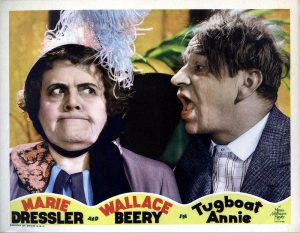
By the mid 1950s, the Foss Maritime had grown to include tugs, ferries and a host of specialty crafts, particularly during World War II when the U.S. Navy needed tugs for the war effort in the Pacific. The company is now based in Seattle and remains the anchor tug company of the West Coast. The City Waterway, where the company began on the porch of a houseboat 100 years earlier was formally renamed the Thea Foss Waterway in 1989 to honor the company’s matriarch.
The Thea Foss Lodge of the Daughters of Norway formed in 2004 and meets in the Chimacum. Members of the Sons and Daughters of Norway continue to meet at Tacoma’s Normanna Hall to promote Noregian heritage. Thea was a founding member and major backer of the hall’s construction when it opened in 1922.














